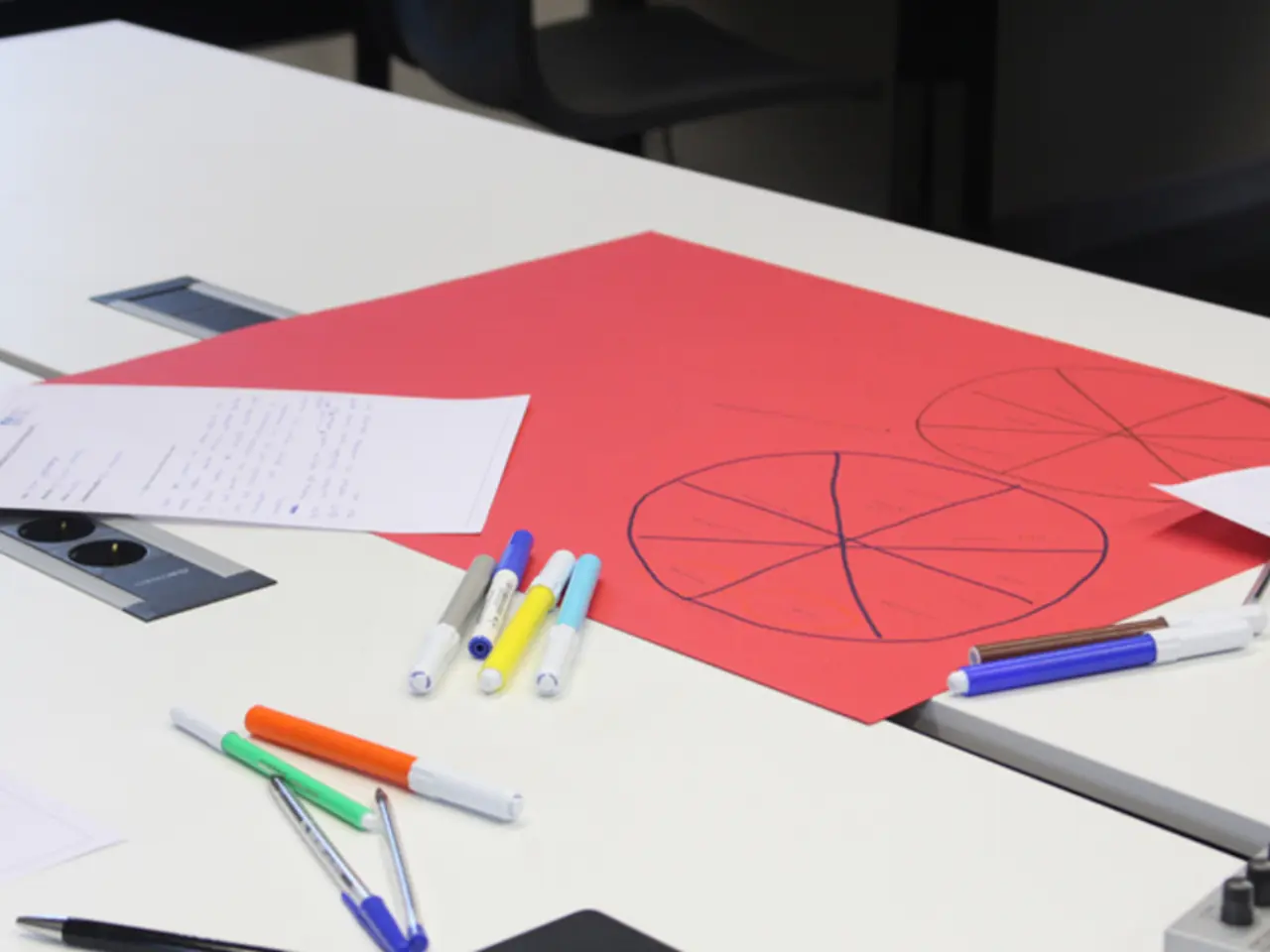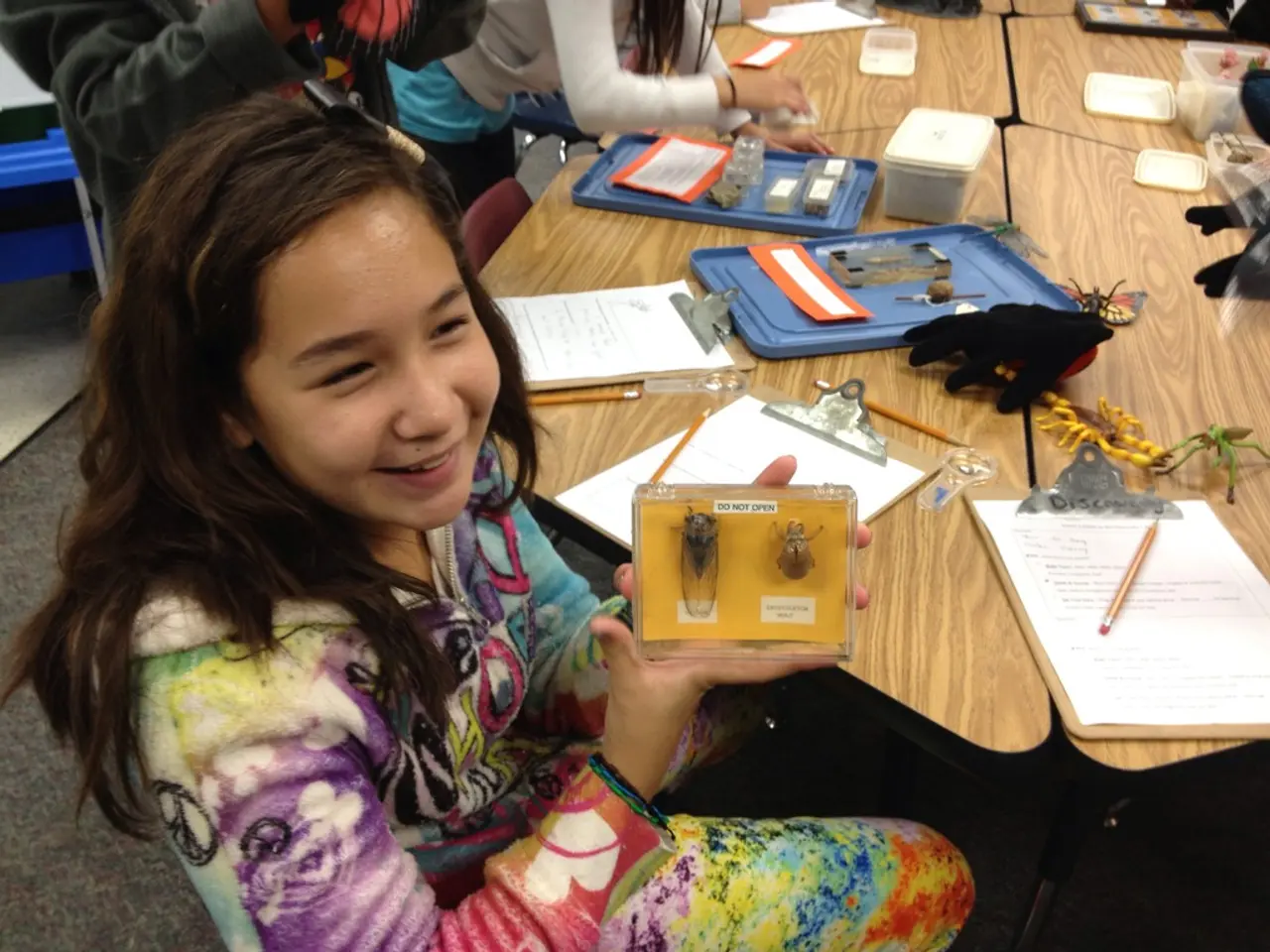Analyzing Logical Reasoning and Debate Techniques
Boost your critical thinking skills with our insightful guide! This week, we dive headfirst into the captivating world of argument structures and logic. Put on your thinking caps as we explore the art of reasoning, debating, and understanding truth.
Argue Your Way to Success
What's an argument? Well, it's not just about senseless yelling or dancing circles around your friends (although we won't judge if that's fun!). An argument is actually a construction made by a person - usually consisting of reasons or evidence to support a point of view. These reasons serve to convince others, justify a position, or test the validity of that point. Master the logic and art of argument analysis, and you’ll be able to smash debates and ace discussions like never before!
Good arguments hold weighty reasons or evidence to back up a claim. They can be used to persuade someone, justify a stance, or test the validity of that claim. An argument is far more than a simple assertion; it carries a purpose that drives it forward, fostering a powerful connection between reasons and claims.
Laying Out Your Argument
Capturing the essence of an argument is crucial for understanding its underpinnings and, ultimately, its validity. To do this, we need to dissect the argument and focus on the connections between its components. For example:
- All humans are mortal. (Premise)
- Socrates is a human. (Premise)
- Therefore, Socrates is mortal. (Conclusion)
By dissecting complex arguments into manageable components, we can clearly see the logical flow from premises to conclusion. This structured representation makes evaluating the argument's validity much easier.
Applying Critical Thinking Beyond the Arcane Art of Argumentation
While arguing is a vital aspect of critical thinking, the principles of this analytical, disciplined thought extend far beyond the realm of arguments. They can aid you in your personal and intellectual life, helping you navigate the complex web of information and make sense of the world.
Decision Making 🧐
Critical thinking skills can help you examine your decisions and ensure they are based on reason rather than impulse. By systematically analyzing your options and evaluating their consequences, you can make decisions that align with your values and goals.
Problem-Solving 🏋️♂️
Critical thinking skills also help you tackle various challenges, whether personal, professional, or societal. They encourage you to clearly define the problem at hand, gather and scrutinize relevant information, generate potential solutions, and test those solutions for viability.
Understanding Communication 📖
By utilizing critical thinking skills to analyze literature, art, and media, you deepen your understanding and develop a more mindful, active engagement with these mediums. This can lead to profound insights and a richer appreciation of the arts.
Molding Policy & Influencing Government
Critical thinking skills are essential for determining government policy, especially in conservative governments. Analytical abilities empower policymakers to make informed decisions regarding complicated situations and to evaluate the available data.
Evaluating Arguments with Critical Thinking
One of the most important components of critical thinking is evaluating arguments. By critically examining the validity, soundness, and strength of an argument, you can distinguish between convincing and cogent arguments and those that are fallacious or flawed.
Make Sure Your Premises Shine
Ensure that the premises are logically consistent to create a sound argument. Consider if the conclusion would make sense under the given premises - if not, the argument is invalid. The validity of the premises is crucial too; if they are false, the argument is unsound, even if it is logically sound.
Seek truth and shine bright in the world of arguments with critical thinking! 💡⚙️⚡️💬✨
Embracing self-awareness and education-and-self-development through the learning of argument structures and logic can foster self-improvement in critical thinking skills, allowing one to evaluate arguments more effectively and reinforce personal and intellectual growth. By dissecting arguments and understanding the connections between their components, one can hone their ability to determine the validity of arguments, thereby enhancing communication, decision-making, problem-solving, and influencing policy-making across diverse fields.




